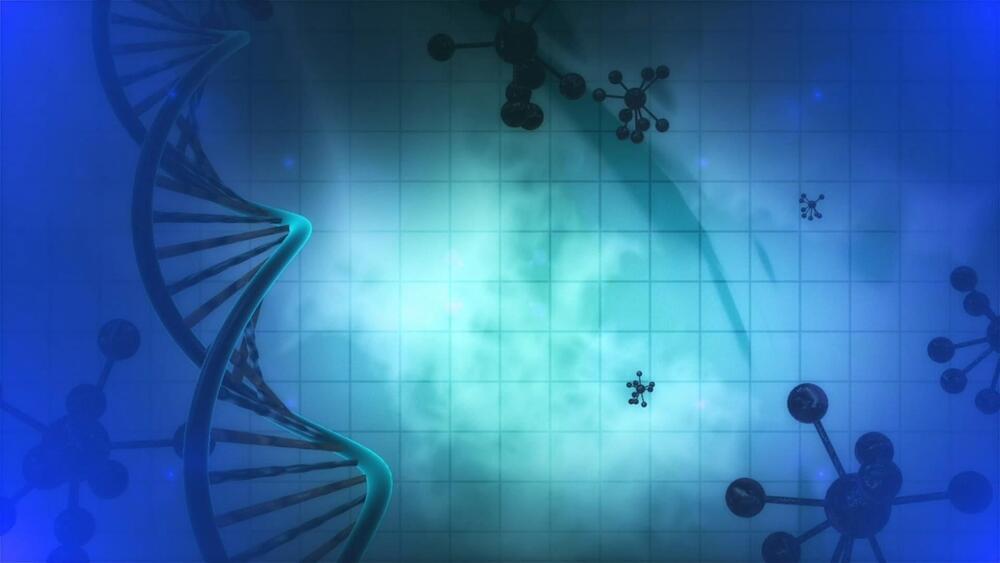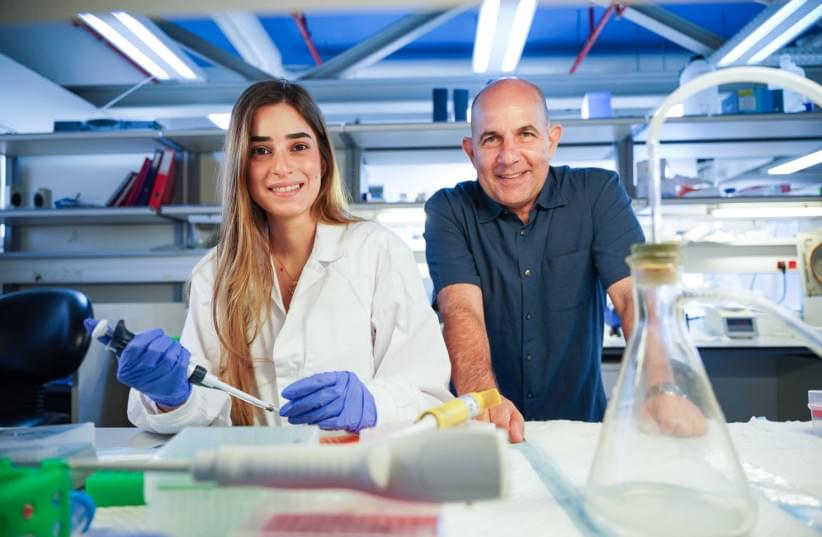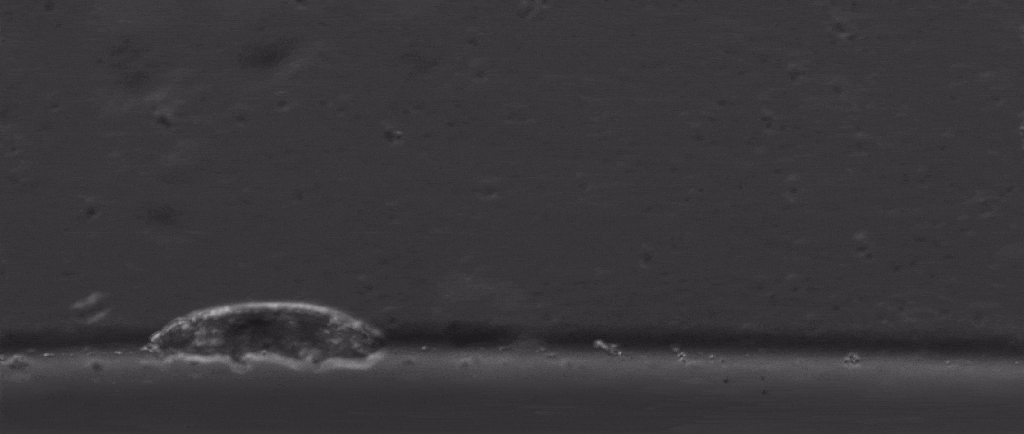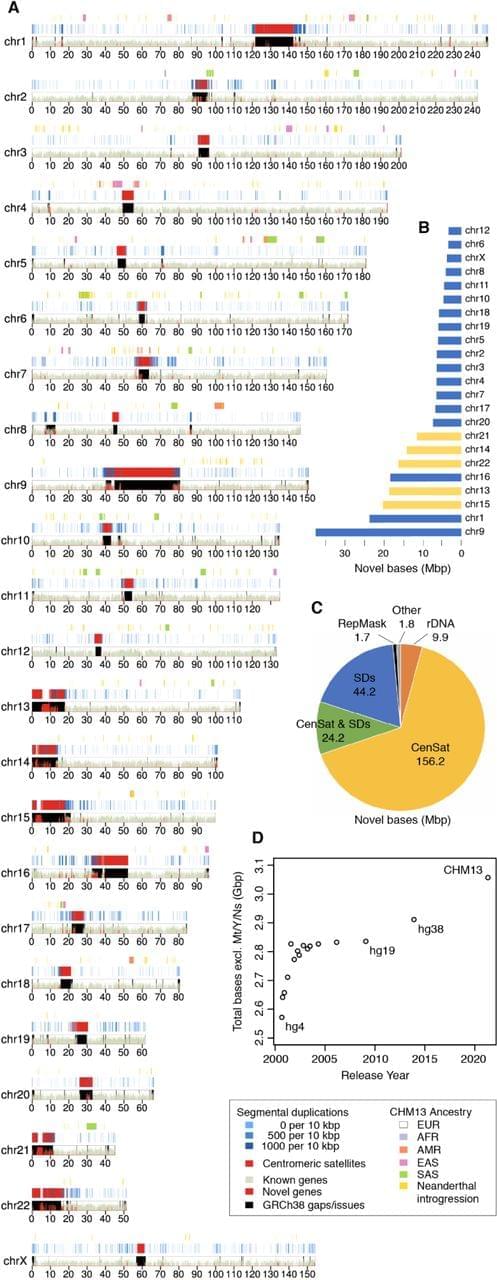Genes can respond to coded information in signals—or filter them out entirely.
New research from North Carolina State University demonstrates that genes are capable of identifying and responding to coded information in light signals, as well as filtering out some signals entirely. The study shows how a single mechanism can trigger different behaviors from the same gene—and has applications in the biotechnology sector.
“The fundamental idea here is that you can encode information in the dynamics of a signal that a gene is receiving,” says Albert Keung, corresponding author of a paper on the work and an assistant professor of chemical and biomolecular engineering at NC State. “So, rather than a signal simply being present or absent, the way in which the signal is being presented matters.”
For this study, researchers modified a yeast cell so that it has a gene that produces fluorescent proteins when the cell is exposed to blue light.







